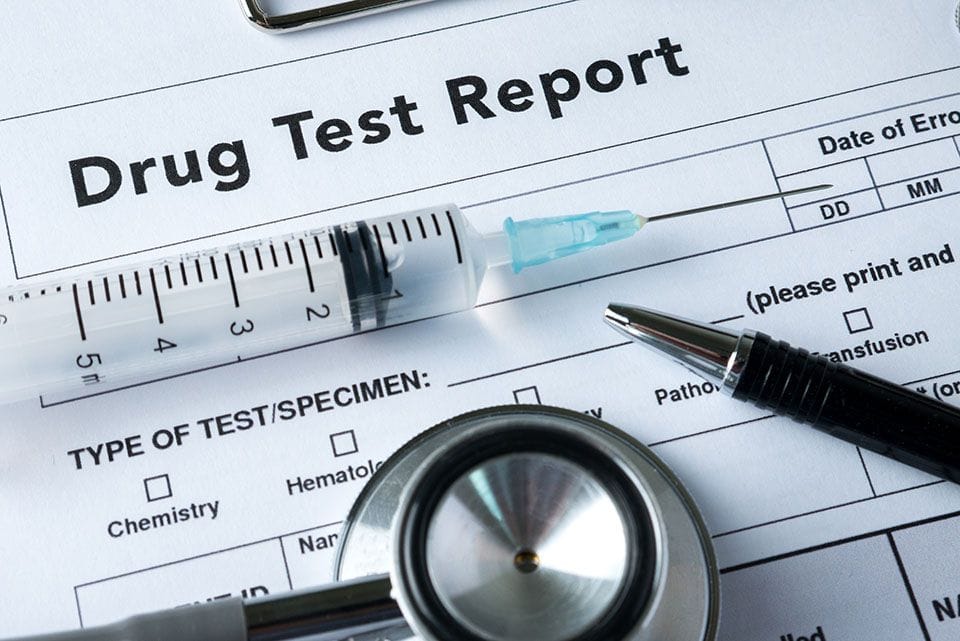Drug addiction and alcoholism often co-occur with other types of chronic mental and physical health conditions. Post-Traumatic Stress Disorder, or PTSD, is one mental health problem frequently diagnosed in those dealing with substance abuse issues, as people who suffer from this debilitating and frightening condition also appear to be disproportionately vulnerable to the lure of mind-altering intoxicants. The connection between addiction and PTSD is somewhat complicated and ambiguous, however, and there have been different theories offered to explain what the dynamics of that relationship might actually be. Facts and Figures and Theories About 8% of all Americans will suffer from PSTD at some point in their lives, while a similar percentage will become addicted to an illegal drug and approximately 17% will develop an alcohol problem. However, 34% of all men and 27% of all women with PTSD will also suffer from drug addiction, while 28% of women and an astonishing 52% of men with PTSD will eventually be classified as alcoholics. So overall PTSD victims face a substantially elevated risk of developing a substance abuse problem in comparison with the general public. At one time, most who were aware of these statistics assumed that people experiencing the flashbacks, nightmares, insomnia, mood swings, and pervasive feeling of being in danger that characterize PSTD were turning to intoxicants as a way to escape, a way to numb the pain and dull the severity of their recurring physical and emotional symptoms. But as the issue has been studied more deeply, it has become apparent that this theory is too simplistic, and that the picture is more complex than had formerly been believed. Even though the escape hypothesis does not provide a complete answer, there is little doubt that it does explain a part of the reason why PTSD and addiction co-occur. Alcohol in particular is known for its ability to depress unpleasant emotions, and the high percentages of PTSD sufferers who have also been diagnosed with a drinking problem seems to lend credence to the idea that at least some are turning to intoxicants to help them forget their other woes. Interestingly, however, the increased-risk theory also posits a cause-and-effect relationship between addiction and PTSD, but working in the opposite direction. Before PTSD can develop a traumatic event must first occur, and defenders of the increased-risk theory point out that addicts and substance abusers regularly put themselves in positions where the chances of something traumatic and terrible happening are higher than normal. So while some may respond to unbearable PTSD symptoms by turning to mind-altering drugs, in other instances the addiction may actually come first. Meanwhile, the vulnerability theory concentrates on the changes that those who suffer from addiction and alcoholism experience in their physical and mental functioning. Because of the damage that intoxicants can do to the body, the ability to process and recover from traumatic events may be inhibited, which could mean that PTSD is more likely to develop in addicts who have gone through some sort of terrible experience. From the standpoint of the vulnerability theory, it is irrelevant whether or not the trauma in question came before or after an addiction developed, what matters is that the psychological symptoms associated with exposure to severe trauma will not be reconciled or assimilated as effectively by someone whose mind has been scrambled by overuse of drugs or alcohol. Finally, some suspect that genetics may also play a role in PTSD/addiction co-occurrence. A number of scientific studies have established that genetic factors predispose some to a greater risk of alcohol and drug addiction, and a very recent study carried out by UCLA’s Semel Institute for Neuroscience and Human Behavior has now found a link between certain genetic variations and PTSD risk as well. While no specific genetic markers have been found that would explain why PTSD and addiction might be more likely to occur together in some people, research is continuing and many anticipate such a link will eventually be established. But even if it is ultimately discovered that genetic factors do leave some more vulnerable to this type of co-occurrence, that would only provide one piece of the puzzle, since addicts and PTSD sufferers have real-world life experiences and histories that obviously must be taken into account by anyone attempting to sharpen their understanding of the PTSD – addiction connection. Treating Addiction First There are 17 clinically recognized symptoms associated with PSTD, which shows just how disruptive this disorder can be to the lives of its victims. Nevertheless, people with PTSD who also have substance abuse problems would be wise to seek treatment for their chemical dependency first before doing anything else. In order to learn how to cope with PSDT, a person will need every ounce of inner strength, rigid focus, and steely determination they can muster, and drugs and alcohol make it impossible to summon these kinds of resources. Addiction poisons everything it touches, which is why those who have co-occurring health problems to overcome must deal with their substance abuse issues first, so no obstacles will be left standing in the way on their path to full and total recovery.
Call for Immediate Help:1.844.876.7680


